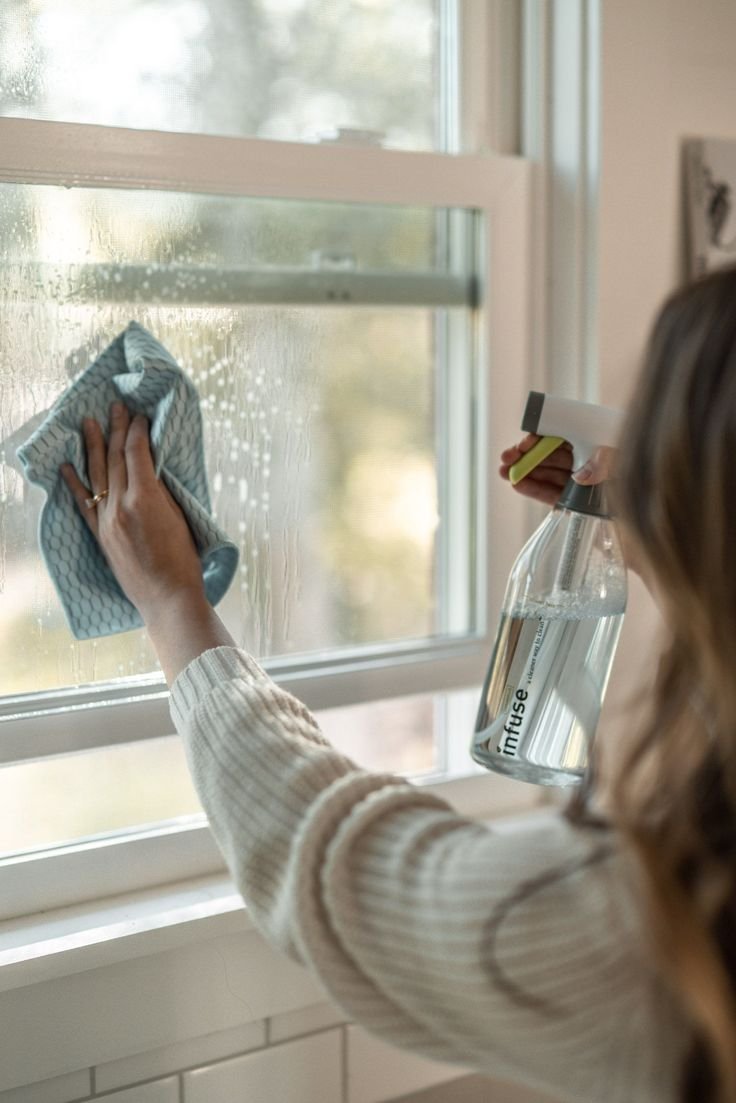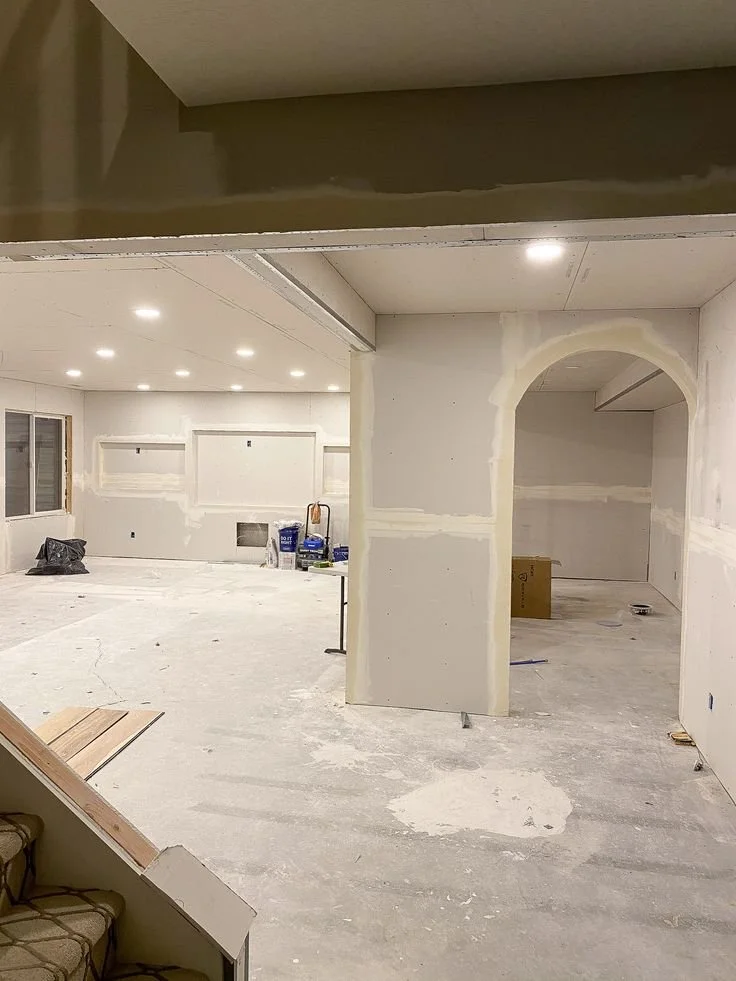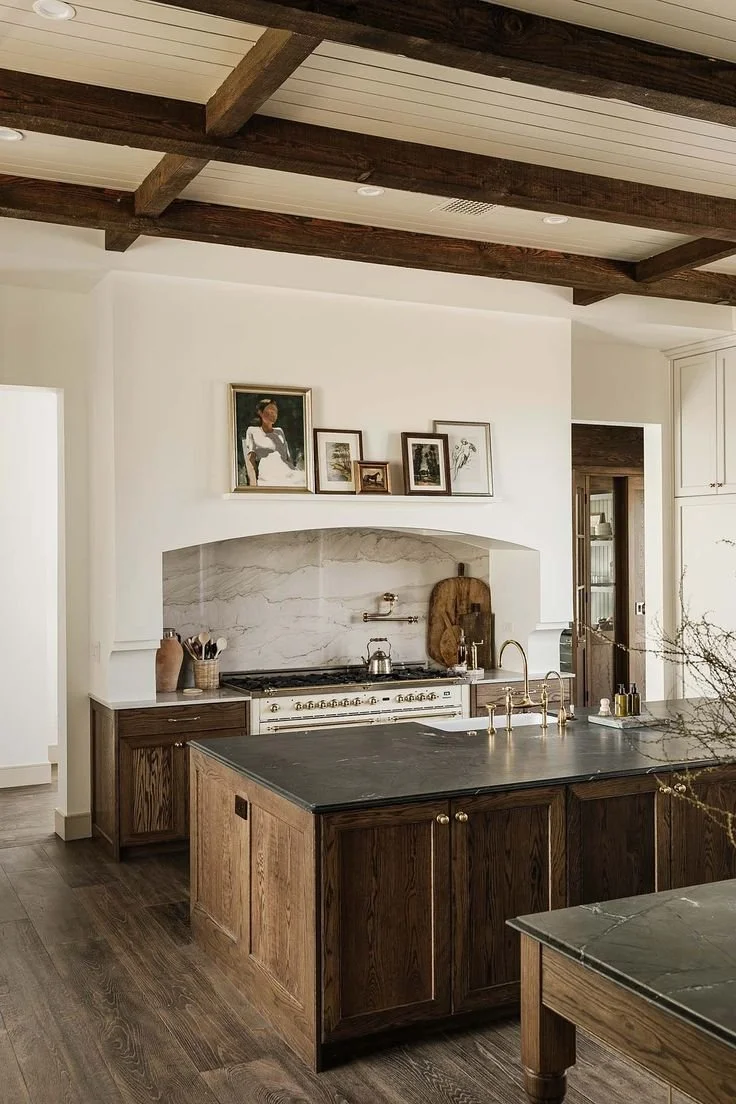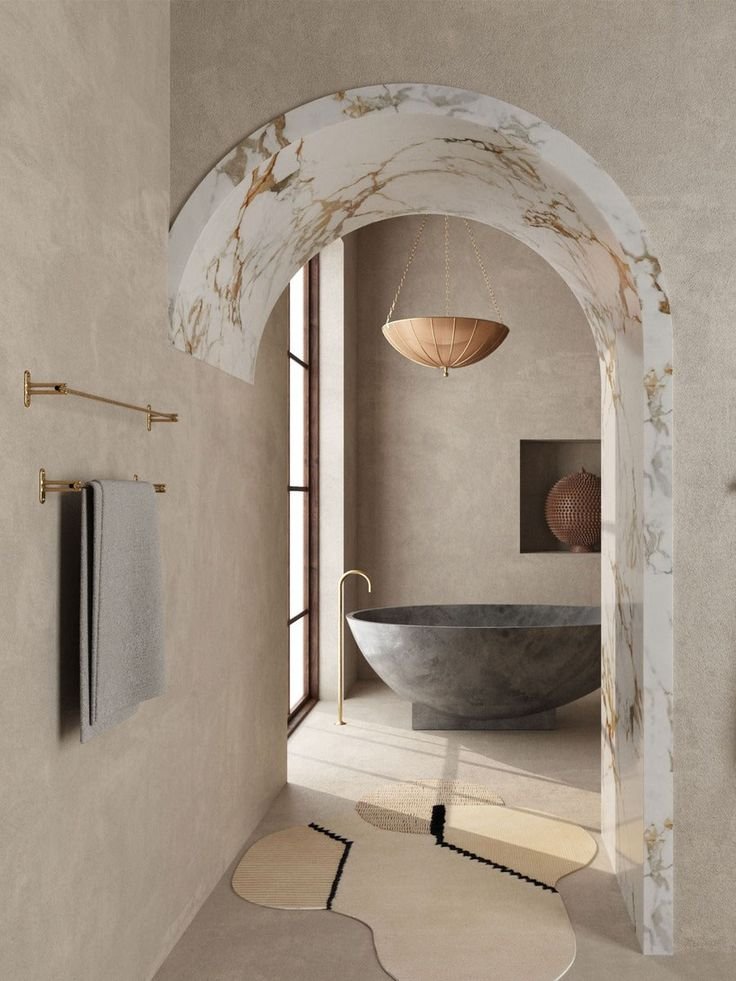A Deep Dive Into Deep Cleaning: Why It's Essential For Your Home
When it comes to maintaining a clean and healthy living environment, the terms "cleaning" and "deep cleaning" often arise, yet they are frequently misunderstood or used interchangeably. To foster personal growth through a nurturing space, it is essential to understand not just the importance of keeping our homes tidy but also the deeper layers of cleaning that contribute to our overall wellness.
In this article, we explore the key differences between standard cleaning practices and the more thorough process of deep cleaning. Understanding these distinctions can help you choose the most appropriate cleaning method for your specific needs and preferences.
No. 1
What is Deep Cleaning?
Deep cleaning involves a comprehensive cleaning process that goes beyond the surface level. It targets areas of your home that are often overlooked or neglected during regular cleaning sessions. While standard cleaning focuses on maintaining cleanliness by removing visible dirt and clutter, deep cleaning dives into the hidden corners and cracks, ensuring every area is sanitized and rejuvenated.
In essence, deep cleaning encompasses:
Thoroughly Cleaning Appliances: This includes scrubbing the inside of ovens, refrigerators, and dishwashers.
Clearing Out Storage Areas: From closets to garages, deep cleaning encourages you to sift through items and eliminate unnecessary clutter.
Attention to High-touch Surfaces: Light switches, doorknobs, and remote controls receive extra care, reducing germ spread.
Cleaning Carpets and Upholstery: This may involve steam cleaning or shampooing fabrics to eliminate dust mites and allergens.
Taking Care of Air Vents and Filters: Ensuring that the air circulating in your home is clean and healthy.
No. 2
Differentiating Deep Cleaning from Standard Cleaning
Understanding the key difference between deep cleaning vs regular cleaning allows you to create an effective cleaning schedule that promotes both cleanliness and well-being.
Deep cleaning and regular cleaning serve distinct purposes in maintaining a healthy and organized environment. Regular cleaning involves routine tasks such as dusting surfaces, vacuuming floors, and sanitizing frequently touched areas, typically performed weekly or bi-weekly to keep your space tidy.
In contrast, deep cleaning focuses on a more thorough approach that targets less visible areas, such as behind appliances, inside cabinets, and grout lines, and may involve scrubbing, washing, or even decluttering. This intensive process is generally recommended every few months to eliminate built-up grime, allergens, and bacteria, ensuring a healthier living space and a refreshed home overall.
Standard Cleaning
Frequency: Typically done weekly or bi-weekly.
Focus Areas: Surface-level tasks such as sweeping, vacuuming, dusting, and wiping down countertops.
Time Investment: Generally, a standard clean takes less time and can be quickly accomplished with routine maintenance.
Result: A visually appealing space, but it may harbor hidden dust, allergens, and bacteria.
Deep Cleaning
Frequency: Recommended every 3 to 6 months or as needed, based on lifestyle and living conditions.
Focus Areas: Every nook and cranny, including baseboards, ceiling fans, behind appliances, and inside drawers.
Time Investment: Requires significantly more time and effort due to its in-depth nature.
Result: A thoroughly sanitized environment that contributes to long-term health benefits.
Force of Nature
Force of Nature’s formula, made from only three natural ingredients: water, salt, and vinegar, is an EPA-registered medical-grade disinfectant and sanitizer that kills 99.9% of germs* including mold and mildew
No. 3
The Importance of Deep Cleaning for a Healthy Living Environment
Reduces Allergens and Pollutants: Deep cleaning tackles dust, mold, and allergens that accumulate in hard-to-reach places. It’s crucial for maintaining respiratory health, especially for those with allergies or sensitivities.
Prevents Illness: By sanitizing high-touch surfaces and areas that collect bacteria, deep cleaning can reduce the likelihood of illness in your home. This is particularly important during cold and flu seasons, as well as in households with young children or elderly members.
Enhances Mental Well-Being: A clean space is often synonymous with a clear mind. Engaging in deep cleaning can be a transformative experience, fostering feelings of accomplishment and serenity. It sets the tone for a more balanced and harmonious living environment.
Increases Lifespan of Household Items: Regular deep cleaning of appliances, carpets, and other furnishings can prolong their lifespan. By removing grime and buildup, you prevent wear and tear, leading to more sustainable living.
Encourages Personal Reflection: The act of deep cleaning can serve as a meditative practice. As you clear out physical clutter, you might find yourself reflecting on emotional baggage and personal goals, aligning with the essence of self-discovery.
Takeaways
While standard cleaning is essential for daily upkeep, deep cleaning is a powerful self-care practice that promotes a healthy, hygienic living space and supports your overall wellness journey. Embracing this more intensive approach not only enhances the physical environment but also fosters personal growth and mindfulness within your home. Consider scheduling regular deep cleaning sessions to unlock the full potential of your living space and, in turn, your personal freedom.
Looking For Home Resources?
Looking to enhance your living space and create a sanctuary that supports your well-being? Explore our home partners who offer a wide range of resources to elevate your home environment.































